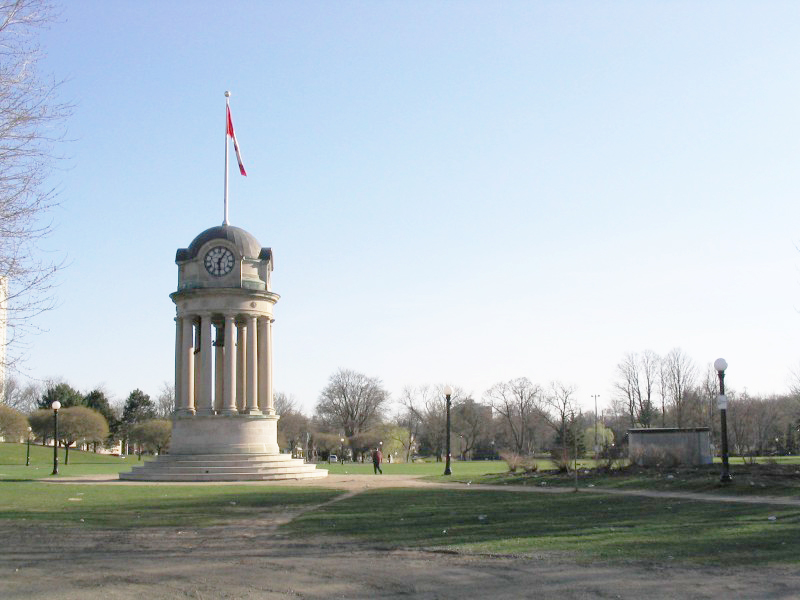Reconciliation before celebration — why Canada Day shouldn’t be acknowledged in 2021

215 children buried in unmarked, unreported graves at a former residential school in British Columbia were discovered on May 27.
On June 30, 182 unmarked graves were found at another former Catholic-run residential site in Cranbrook BC.
The largest single-site discovery of 751 children in Saskatchewan was reported on June 24. This brings the total number of children buried in unmarked, unreported graves at residential schools to over 1000.
This is compounded by our knowledge of more than 4,100 children who died in residential schools who have already been identified, a finding which is in and of itself unacceptable. Unfortunately, this is likely not going to be the last of the findings.
I would like to encourage you to pause this Canada Day to reflect on Canada’s role in the legacy of residential schools. Consider how you may support reconciliation.
I ask that you resist the comfort available in deciding the responsibility for residential schools falls on a few terrible people.
Residential schools were created by a system that still exists today, which seeks to assimilate Indigenous children into the Canadian state.
“The goal of the Indian Residential School is to ‘kill the Indian in the child’,” said Duncan Campbell Scott, Head of Indian Affairs from 1913 to 1932.
Before and since confederation, colonial institutions have sought to isolate and remove the Indigenous peoples of this land from proximity with settler society. They have embarked on a process of assimilation.
For roughly seven generations, nearly every Indigenous child in this land was sent to a residential school.
Under the rule of law and enforced by the RCMP, Indigenous children were forcibly taken from their families and communities.
They were required to live in institutions of assimilation where abuse and humiliation were used to sever the ties through which culture is taught and sustained.
A general loss of Indigenous language and culture has been the direct result of residential schools. The last residential school closed in 1996.
Indigenous peoples are still suffering from the intergenerational trauma caused by residential schools.
At the same time, systemic violence against Indigenous peoples continues to this day. Seven per cent of children in Canada are Indigenous while 52 per cent of children in foster care are Indigenous.
There are more Indigenous children in foster care today than there were at the height of residential schools. The child welfare system is an extension of the residential school system.
The Truth and Reconciliation Commission was established in June 2008 as one of the mandated aspects of the Indian Residential Schools Settlement Agreement.
The TRC’s Report outlines 94 Calls to Action meant to advance reconciliation and bridge the systemic gaps faced by Indigenous peoples.
In the six years since the report was published, there has been very little progress.
I believe this time should be a period of national mourning; as such, I invite you to join me in not celebrating, but rather simply observing Canada Day.
I acknowledge that currently, being able to gather —in a COVID safe way —with loved ones on a holiday may be a necessary part of our individual well-being.
Please consider the pain Indigenous peoples are experiencing. Consider wearing black or orange, instead of red and white, in solidarity with the Every Child Matters campaign. Instead of buying fireworks, consider donating to the Indian Residential School Survivors Society.
I ask that you sit with discomfort. Feel the weight of it.
I ask that you sit with discomfort. Feel the weight of it. We cannot collectively work towards reconciliation without individually accepting the truth.
Remember that it is during times of discomfort that growth happens.
We can do better.. We can meet the Indigenous people of this land with the solidarity they deserve. We can do this in an ongoing way that is not performative and meaningless, until all 94 Calls to Action are met.
We can be the Canada we were all taught we are – compassionate, unified, peaceful, and out for justice.
Further reading can be done through: Decolonization is Not a Metaphor, 21 Things You May Not Know About the Indian Act: Helping Canadian Make Reconciliation with Indigenous Peoples a Reality, Understanding Native Activism and Highway of Tears: A True Story of Racism, Indifference and the Pursuit of Justice for Missing and Murdered Indigenous Women and Girls. As well, the University of Alberta offers a free, online Indigenous Canada course.


